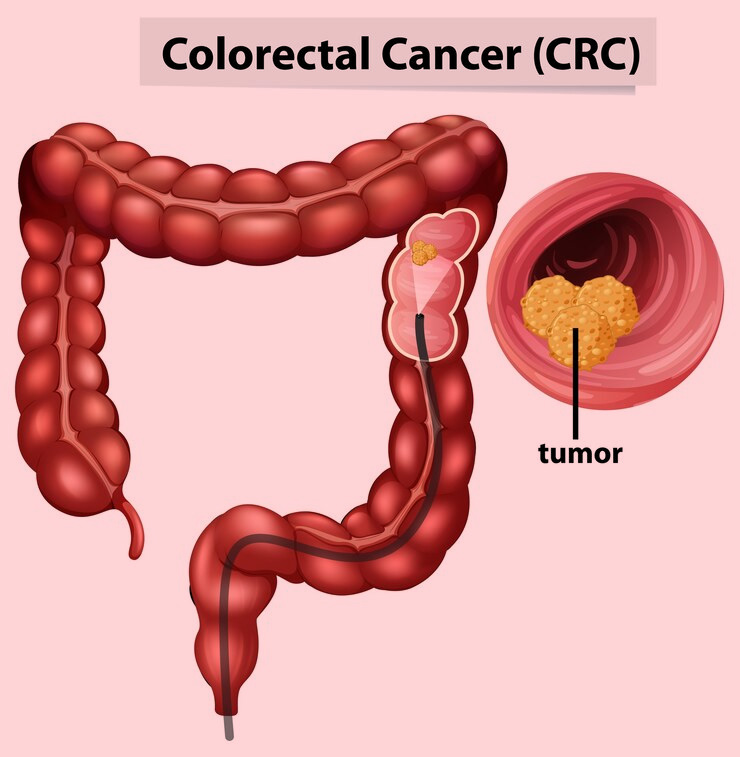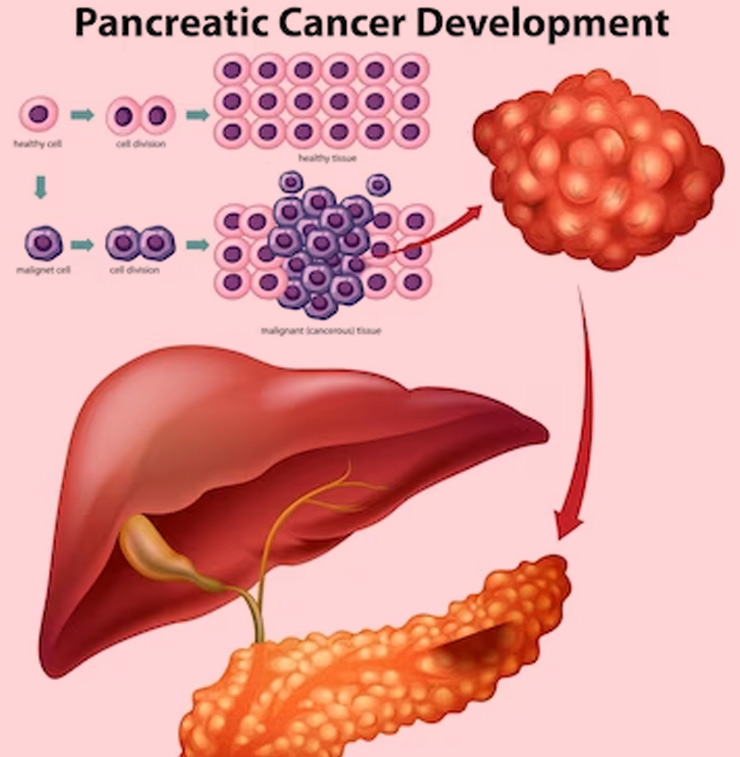
In the fast-paced world, a control on diet is next to impossible for working professionals, especially for those who live away from home. Cooking nutritious food, exercising and then going to the office is a little difficult although people who are doing this daily have my respect.
Table of Content:-
This busy lifestyle is followed by unhealthy eating habits, irregular sleep patterns and lack of physical exercise. All of which are essential to maintain a healthy digestive system. The drastic change in lifestyle brings about underlying conditions and chronic diseases which in future may result in cancer.
To comprehend the role of poor digestive system for the contribution of cancer, OnlyMyHealth interacted with Dr. Sreenivass BJ, Medical Oncologist, HCG Cancer Hospital, Bangalore.
How Is Poor Gut Responsible For Cancer

Poor gut health can serve as an open invitation to various kinds of cancer due to several factors. Listing the factors, Dr Sreenivass said, “Chronic inflammation, microbial imbalance, impaired immune function, toxin accumulation and impact on hormonal balance are some of the factors which can lead to cancer due to improper digestion.”
Dr Sreenivass further said, “Poor gut health compromises our body’s natural defence mechanisms creating an environment friendly for cancer to initiate and progress.”
Importance Of Healthy Digestion
Dr Sreenivass emphasised on maintaining healthy digestion for absorption of nutrients, supporting immune function, promoting mental well-being and facilitating detoxification. He said, “Maintaining healthy digestion is vital to reduce the risk of digestive disorders and other chronic diseases.”
Symptoms Of Poor Digestion That May Cause Cancer

Dr Sreenivass listed down the symptoms and said, “Symptoms of poor digestion can serve as warning signs of underlying gastrointestinal issues that may increase the risk of cancer.”
Here are some symptoms associated with poor digestion and their potential link to cancer risk:
- Constant indigestion
- Frequent bloating and gas
- Persistent diarrhoea
- Unexplained weight loss
- Blood in poop
- Heartburn
- Difficulty in swallowing
- Types Of Cancer Unhealthy Gut Might Cause
Dr Sreenivass said, “Various types of cancer have been linked to unhealthy gut conditions, highlighting the intricate relationship between digestive health and cancer development. Colorectal cancer, liver cancer, pancreatic cancer, esophageal cancer and gastric cancer are some of the cancers that an unhealthy gut can cause.”

The above examples convey that taking care of our digestive health and maintaining it is the need of the hour. This highlights the importance of maintaining a healthy gastrointestinal environment for the prevention of deadly cancer and overall well-being. Dr said, “Further research is needed to elucidate the underlying mechanisms linking gut dysfunction to specific cancer types and to develop targeted preventive and therapeutic strategies.”
Also read: From Improving Gut Health To Preventing Cancer: Health Benefits Of Orange Peel
Tips To Enhance Digestion And Keep Cancer At Bay
‘Chein se sona hai toh jaag jao,’ would be the perfect one liner I would like to use here for all the people who are neglecting the gastrological problems thinking of them as silly and unimportant. Follow these tips given by Dr Sreenivass to improve your digestion and keep cancer away.
1. Balanced Diet: Dr Sreenivass suggested eating a fibre rich diet which includes fruits, vegetables, whole grains and lean proteins to support your digestive system.
2. Hydration: Drinking enough water is essential for promoting better bowel movements. It also helps alleviate constipation by softening the stools and help in flushing out toxins.

3. Regular Exercises: Engaging in physical activity reduces obesity issues and helps in managing weight and promoting digestion.
4. Stress Management: Chronic stress can disrupt digestion and weaken the immunity. It can also contribute to inflammation, potentially increasing the risk of gastrointestinal cancers. Steps for reducing stress should be taken to avoid cancers as well as other health problems in the long run.
Dr Sreenivass concluded by saying, “By adopting these strategies for digestive health and cancer prevention, individuals can take proactive steps to reduce their risk of GI cancers and promote long-term wellness. It's essential to consult with healthcare professionals for personalised recommendations based on individual health status, family history, and risk factors.”
Also watch this video
How we keep this article up to date:
We work with experts and keep a close eye on the latest in health and wellness. Whenever there is a new research or helpful information, we update our articles with accurate and useful advice.
Current Version